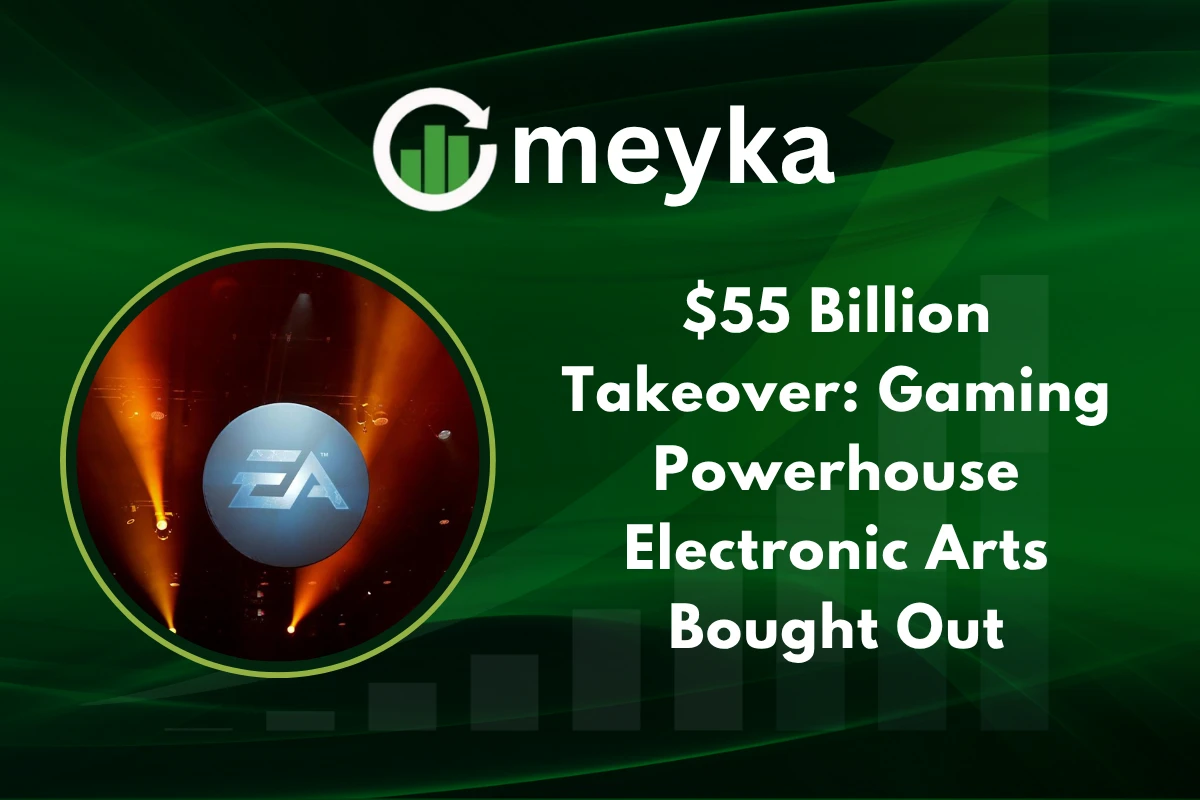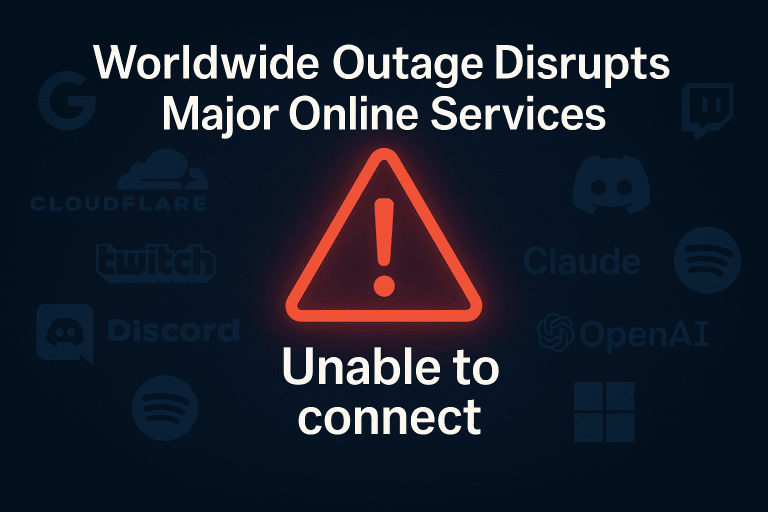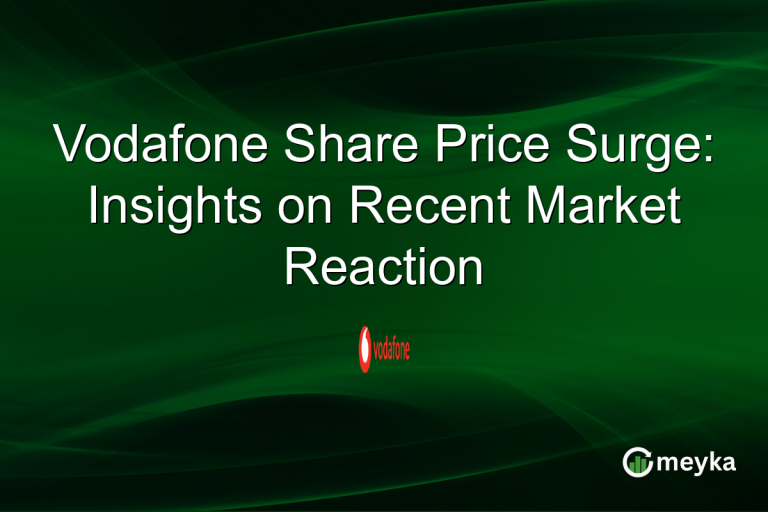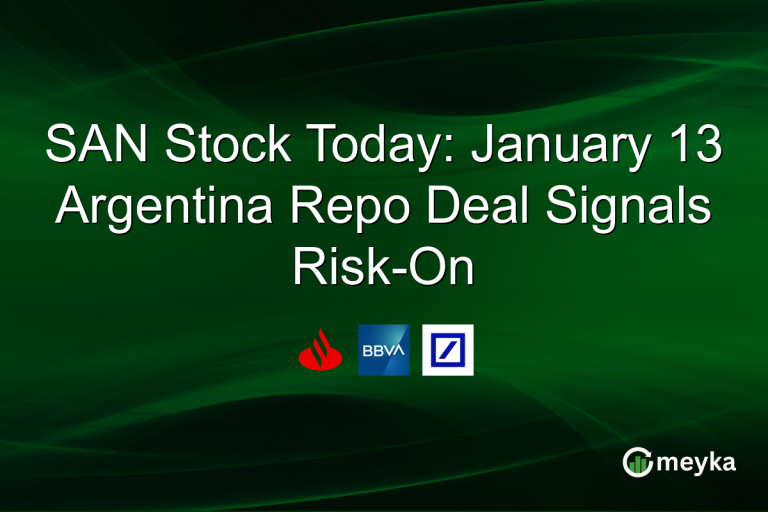$55 Billion Takeover: Gaming Powerhouse Electronic Arts Bought Out
Electronic Arts, one of the world’s biggest game makers, agreed to be taken private in a blockbuster deal worth roughly $55 billion. The deal is led by private equity and major investors, including Saudi Arabia’s Public Investment Fund (PIF) and Silver Lake. It marks a major consolidation moment for the gaming sector and raises big questions for developers, players, and regulators.
Electronic Arts Acquired in Historic $55B Buyout
The proposed buyout values Electronic Arts at about $55 billion and would pay shareholders roughly $210 per share in cash. The investor group reportedly includes Silver Lake, PIF, and Affinity Partners, the firm linked to Jared Kushner. The companies aim to close the transaction over the next year or so, pending shareholder and regulatory approval.
Why does the price vary in reports?
Early coverage noted slightly different totals; some outlets cited around $52.5 billion and others $55 billion, depending on how they count assumed debt and rollover stakes. The market consensus in major outlets centers on a roughly $55 billion headline value.
Why is Electronic Arts being acquired?
Buyers see scale and stable cash flow. Electronic Arts owns major franchises, Madden NFL, FIFA/EA Sports FC, Battlefield, and The Sims, that reliably sell and bring subscription and in-game revenue. Private owners may want to steer long-term strategy away from the quarterly pressure of public markets and pursue changes in monetization or studio investments without public scrutiny.
Industry analysts point to a few drivers: strong IP value, recurring revenue from live games, and a chance to restructure costs or product roadmaps with fewer public stakeholders. For investors like PIF, the move also feeds a broader push into gaming as part of a national tech and entertainment strategy.
The Strategic Importance of Electronic Arts in Global Gaming
Electronic Arts sits among the largest global publishers. Its sports franchises alone deliver steady annual revenue and deep licensing ties. The company’s reach across consoles, PC and mobile gives any owner a strong platform to monetize esports, subscriptions, and live services. That scale is attractive to buyers who want immediate exposure to big gaming audiences.
Will going private change how EA makes games?
Short answer: Possibly. Private owners can push longer-term bets, cut costs, or shift focus on monetization. But they may also demand higher near-term returns, which can mean tighter budgets for some projects. The effects will depend on the new owners’ strategy.
What Does This Mean for the Video Game Industry?
This takeover is another step in industry consolidation. Big players like Microsoft and Tencent have expanded via acquisitions in recent years. The EA deal spotlights how private equity and sovereign funds are now major dealmakers in gaming. Consolidation can drive efficiency and integration, but it can also squeeze mid-sized publishers and change how studios are managed.
Critics warn about centralizing power: large owners control franchises and distribution, and that can limit competition. Supporters counter that large capital reserves can fund big projects that public markets might shy away from. The real test will be whether consumers see better games or more commercialized live-service models.
Investor and Market Reactions to the Electronic Arts Deal
Markets reacted quickly. Analysts noted the premium offered to shareholders and flagged the strategic logic. Some research houses praised the offer price; others cautioned about regulatory hurdles, given PIF’s role and national security screening that can arise when sovereign funds buy U.S. companies.
Observers also highlighted the deal’s heavy debt component, which could pressure cash flows down the road.
Are regulators likely to block the deal?
It’s uncertain. The deal will face typical merger approvals and national-security reviews because of Saudi involvement. Observers expect scrutiny, but not necessarily an outright block; much will depend on national regulators’ assessments and concessions by buyers.
How Does This Align with Saudi Arabia’s Gaming Ambitions?
The PIF has been building a large gaming and entertainment portfolio. Buying Electronic Arts, or rolling over stakes into a new owner group, fits a strategy to expand Savvy Gaming Group and build regional gaming hubs.
For Saudi planners, gaming is a young, global audience and a non-oil investment pathway. But the move will draw political debate, given human rights and geopolitical concerns.
Future of Electronic Arts After the Acquisition
If the deal completes, Electronic Arts will likely operate with greater strategic privacy. The buyer group could invest in long-term franchises, shift monetization models, or reorganize studios. Management continuity may be part of the plan; reports suggest EA’s CEO might remain in post through a transition period, offering continuity while new owners set longer-term goals.
Key risks include heavy debt load, regulatory challenges, and pushback from players or developers if cost cuts hit creative teams. The upside is that private ownership can enable bold, multi-year investments that are hard to pursue under public market pressures.
What Should Players and Investors Expect?
Will game quality improve? It depends. More capital and time can help big projects. But pressure to service debt can also lead to cost cuts and fewer experimental titles.
Will EA remain global and independent? Likely yes, but under private ownership. The company’s studios and brands are large assets; buyers usually keep operations running while reorganizing strategy.
Conclusion
The $55 billion deal to take Electronic Arts private is a turning point. It reflects deep investor appetite for proven gaming franchises and the growing role of sovereign and private equity money in tech entertainment. The deal promises major strategic shifts, from funding choices to how games are made and monetized.
For players, developers, and markets, the coming months and regulatory reviews will reveal whether this takeover brings fresh investment and creativity, or further consolidation and commercial pressure in the game industry. Either way, the EA buyout will shape gaming’s next era.
FAQ’S
Electronic Arts was bought out in a $55 billion takeover led by Silver Lake, Saudi Arabia’s Public Investment Fund (PIF), and Affinity Partners, making it one of the largest gaming acquisitions in history.
Jared Kushner’s firm, Affinity Partners, is part of the investor group behind the Electronic Arts buyout. Reports suggest his involvement is linked to PIF-backed investments aimed at growing influence in global gaming.
Electronic Arts is going private to allow long-term strategic growth without the quarterly pressures of Wall Street. Investors believe private ownership will help restructure, expand franchises, and pursue new opportunities.
Westwood Studios, the developer of the Command & Conquer series, was purchased by Electronic Arts in 1998. EA later merged Westwood into its Los Angeles studio.
Saudi Arabia’s PIF is investing in Electronic Arts as part of its plan to diversify beyond oil and become a global hub for gaming. The deal supports its broader entertainment and tech ambitions.
Electronic Arts faced revenue pressures due to slowing sales in certain franchises, heavy competition, and rising development costs. Some critics also cite its reliance on microtransactions and live-service models.
Disclaimer
This content is for informational purposes only and is not financial advice. Always conduct your research.






